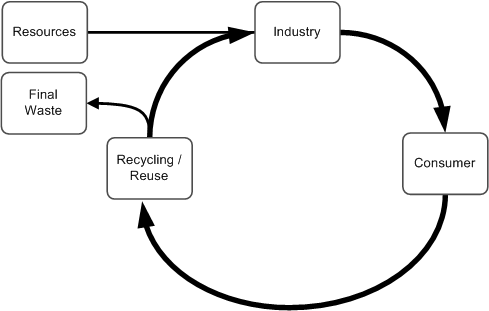Price or desire? Consumers or corporation driving forces?

www.intellectualtakeout.org Julio F. Campos With excerpts from the Guardian " How formula milk firms target mothers who can least afford it " Recently I was discussing the role of price over the consumerism that is collapsing our planet's systems. Some argued that the low prices are the more important driving force behind what people consumes, or better, how much they consume, and since corporations only produce to attend the consumer demand, the former would have a more impact of resources depletion than corporations. The basis of that logic is that consumers consume because corporations offer low prices products. I argue that the issue is a bit more complex and deep than that. First of all, both consumers and corporations are guilt for the environmental degradation. To define who’s more important is irrelevant. Prices under the consumer perspective. The first step is to dismember the consume into its two ramifications: The consume of needed go...


